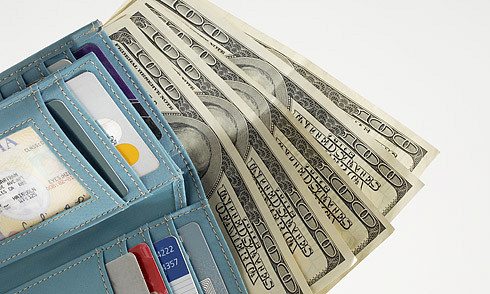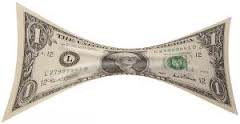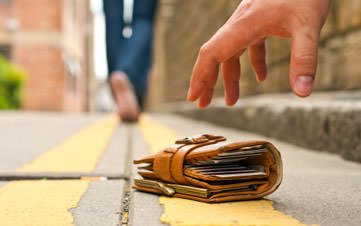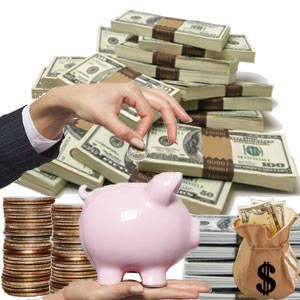Six Fast Ways To Keep More Cash In Your Pocket Every Month
Twenty bucks here and ten bucks there can really add up over the course of a year to significant savings. There are lots of ways in which we waste money without even realizing it, or could be saving and don’t know it. Check out the following tips to save you twenty bucks here and ten bucks there that will add up to much more cash in your pocket every month!
Personal Financial: Keep More Cash In Your Pocket
 1. Organize a car-pool and consolidate errands
1. Organize a car-pool and consolidate errands
Fuel is a huge expense for most people and sadly, there is much room for improvement in this area. Hook up with a few co-workers and see how much you all can save by pooling the expense. Also, make a list of your weekly errands and get them done all at the same time. This will save you a ton on gas and even give you some extra time to play with as well.
2. Reduce your energy bills by adjusting the thermostat
Just a few degrees will shave off quite a few dollars each month and you should hardly notice the difference. Transition the temperature by one degree a week until you see a nice drop in the bill, but before you feel uncomfortable. Dress in cool shorts and tanks in summer and slip on a sweater in the winter; once you see the savings, you will find ways to keep the cash coming your way and not to the utility company!
3. Give cable a second look
This can be a big bill for most households, but if you weigh what you watch in comparison to what you are paying for, you will probably find a lot of waste and room for improvement. Drop a few premium channels and find better ways to spend your time than on old re-runs, and you will quickly have an extra $10-20 bucks in your pocket or savings account!
4. Take the time to clip coupons
No matter how tedious you might think it is, cutting coupons can save you serious cash and that makes it well worth the effort. Coupons can save you hundreds of dollars a year on everything you need in life, so why not take advantage of this method of keeping more of your hard earned money where it belongs: cash in your pocket!
5. Opt for cash over convenience
Shopping at the corner store may be quicker than waiting in line at a produce market, but you really pay for it when the register rings you up. Plan your purchases accordingly and don’t buy anything except gas at a convenience store. Also, skip the gourmet coffee and keep up to a whopping $1200 a year more of your money!
6. Don’t dine out and save left-overs – Cash In Your Pocket
Now that you’re using coupons and paying rock-bottom prices for your food, don’t blow all the savings on restaurants! Dining out can cost you exorbitant amounts annually, so enjoy the comfort of your own home and watch the pennies pile up! Also, stop throwing left-overs out. If they usually just gather green fuzz in your fridge, plan portions better when you prepare the food.
Once you see the savings and start experiencing the exhilaration that smart cost-cutting can provide, you will become a more thoughtful spender! This will add up to serious savings you can put toward bills, an emergency fund or retirement account. Whatever you chose to do with the money, you will find that the effort you put in is well worth the cash you get out!









